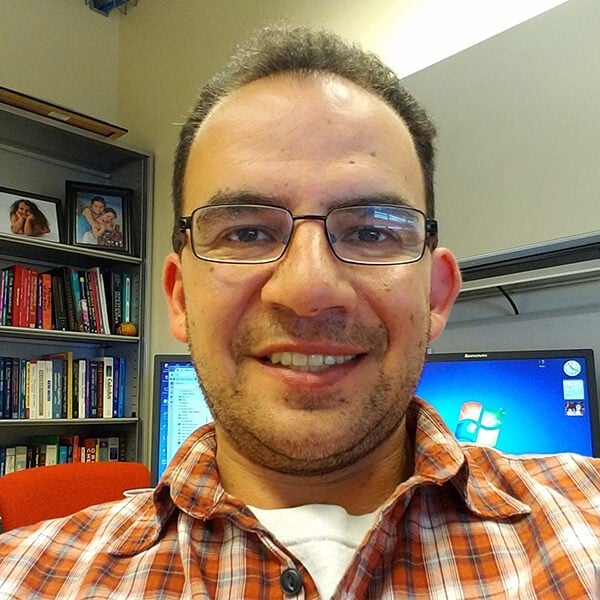Research Interests
Joseph Greenstein is a senior lecturer in the Department of Biomedical Engineering. He teaches courses that cover topics in precision medicine, biomedical data sciences, and computational physiology and medicine. He is a co-developer of the full-year course Precision Care Medicine in which student teams work with clinical and engineering mentors to address questions at the cutting edge of practice in critical care medicine by analyzing large scale patient data sets via application of machine learning as well as other modeling techniques. Project results are often presented at scientific meetings and published in peer-reviewed journals.
Greenstein has been part of the Institute for Computational Medicine at JHU since its founding in 2005. In addition to teaching, he has mentored and advised many graduate students in their independent research. Greenstein is active in collaborative computational healthcare research, in which the physiological patient data collected from monitors in critical care settings is leveraged to develop statistical models of patient state and trajectory for the purpose of early prediction of actionable (and therefore preventable) clinical state changes, e.g. impending sepsis or septic shock, respiratory failure, or oxygen desaturation.
These predictive analytics and model-based approaches are rapidly becoming part of medical training programs, as physicians will need to know how to use these powerful tools in the near future. In addition to the development of predictive algorithms in medicine, Greenstein’s research has focused on addressing basic science questions of physiological function, specifically on the multiscale systems biology of cardiac function in health and disease. He has developed experimentally-based biophysically-detailed computational models which shed light on fundamental mechanisms of arrhythmia and functional alterations associated with cellular remodeling in patients with heart failure.
Titles
- Senior Lecturer, Biomedical Engineering
- Associate Director, Biomedical Engineering PhD Program
Affiliated Centers & Institutes
Education
- PhD, Biomedical Engineering, Johns Hopkins University, 2002
- BS, Biomedical Engineering, Boston University, 1995

